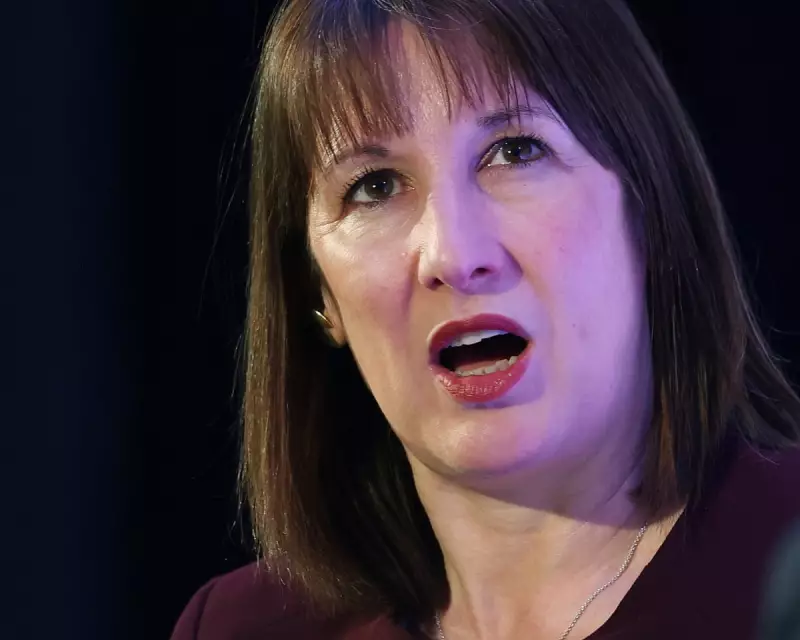
Chancellor Rachel Reeves is under significant pressure to deliver a dramatic shake-up of the UK's tax system in her upcoming Autumn Budget, with a bold proposal to cut employee National Insurance contributions (NICs) by 2p.
The controversial plan, being championed by influential figures, would not be a straightforward tax cut. To fund the reduction in NI, the Chancellor is being urged to simultaneously increase the basic rate of income tax by the same margin. This move is pitched as a step towards merging income tax and National Insurance, a long-discussed reform aimed at simplifying the British tax landscape.
A Budget for 'Radical Reform'
Proponents of the switch argue that it would create a clearer and more transparent system for millions of employees. While the change would be largely fiscally neutral for the Treasury, the psychological impact on workers could be substantial. Paychecks would appear larger due to the lower NI deduction, even if the income tax increase offset the gain.
This proposal lands on the Chancellor's desk as she grapples with tight spending constraints and a need to stimulate economic growth. The Institute for Fiscal Studies (IFS) has previously highlighted the economic distortions caused by the current separate systems of income tax and NI.
The Political Tightrope
However, the policy is a political minefield. Labelling any measure an 'income tax rise' is notoriously difficult for any government, even if it is part of a broader, simplifying reform. The Conservative opposition would likely seize upon an income tax hike as a breach of Labour's election promises.
The debate hinges on a fundamental question: whether the public would perceive a lower NI deduction as a worthwhile trade-off for a higher income tax rate. The Chancellor's decision will signal her appetite for pursuing complex, long-term structural reforms over simpler, short-term tax cuts.
All eyes are now on the Treasury as Reeves finalises her budget plans, with this radical tax proposal firmly on the table.





